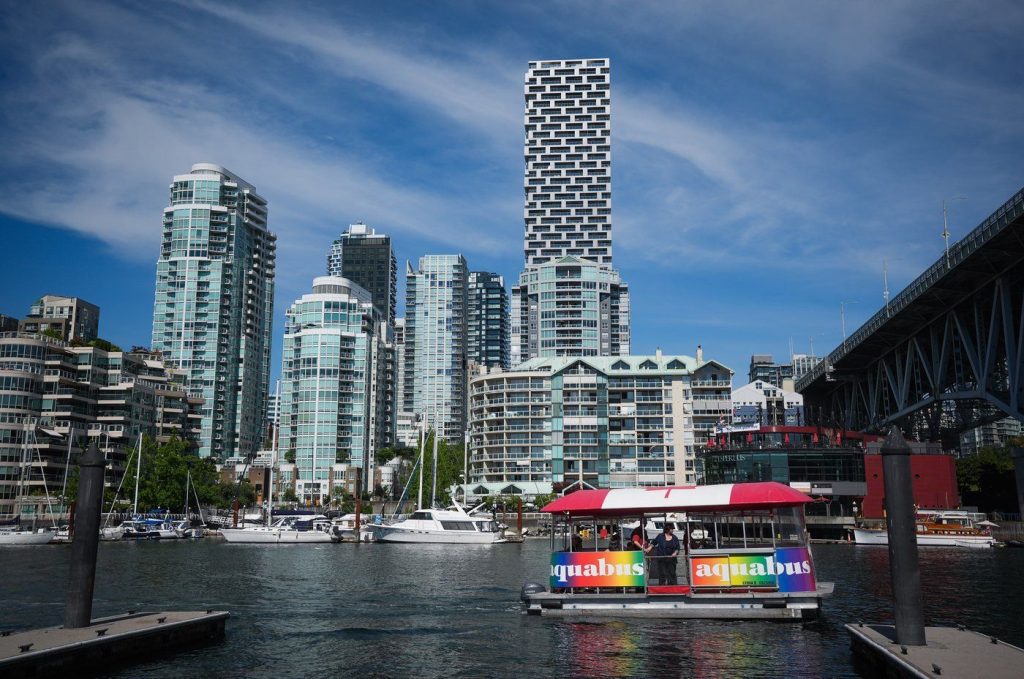By Ashley Joannou
Angela MacKenzie, associate director of civic engagement and communications, said the recommendation garnered seven votes in favour, with four opposed.
But motions related to financial matters require a “super majority” to pass, typically amounting to support from two-thirds of council members, she said in an email.
Mayor Ken Sim said on social media that the plan was a “once-in-a-generation opportunity to seriously address affordability” by building thousands of homes for middle-income residents while generating revenue for the city.
“Unfortunately, politics came into play today,” he said in a video shared on his Facebook and X accounts.
“But we’re not giving up,” he added.
An image shared by Sim’s ABC Vancouver party said its members had voted in favour of the plan, while councillors Rebecca Bligh, Pete Fry, Lucy Maloney and Sean Orr cast the opposing votes.
Orr said in a statement posted to X that “public land should be used for public good.”
“Using city-owned land to extract maximum allowable rents is fraught with problems,” he said, adding the city should instead prioritize shelter-rate, affordable and co-operative housing on the same properties.
Brad Foster, the director of the Vancouver Housing Development Office, had told council in a presentation earlier Tuesday that the market rental units would provide significant revenues to the city on an annual basis once they were built.
“Nothing that we’re talking about today is going to happen tomorrow,” he said. “Down the road, 25, 30 years down the road, what is the financial picture for the City of Vancouver going to look like, and where is that money going to flow?”
Foster estimated that if all six sites were to be developed in the next three decades, they would eventually have brought in roughly $250 million a year for the city.
A report to council said the six city properties have an assessed value of more than $411 million and the plan would have required $8 million in startup costs.
It said Vancouver would be the sole shareholder of the corporation that would operate as a separate legal entity from the city.
Foster said development agreements would involve the private sector.
“For large projects, we would enter into joint venture deals trying to achieve a 50% equity position. That’s all this (corporation) is trying to do, is boost the city’s equity position in the development deal,” he said.
“The complexity of the development management, the construction management, would be left to the private sector, because that’s what they’re good at. And of course, they would take their 50% share of the revenue and capital appreciation in the project as well.”
The report to council warned there was risk involved in rental housing development and operation, “ranging from subpar returns on investment to actual financial loss.”
But it said those risks could be reduced with proper safeguards.
The first project that was to be tackled by the corporation would have been a 100-unit building along Vancouver’s Main Street.
Visited 21 times, 5 visit(s) today
british columbia Ken Sim municipalities Regional The Canadian Press vancouver
Last modified: October 21, 2025

